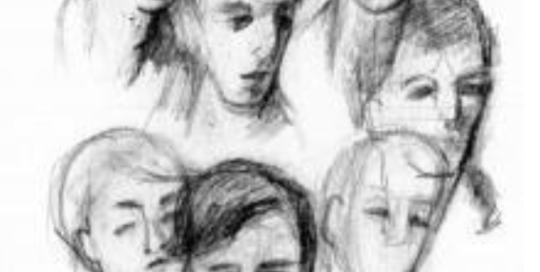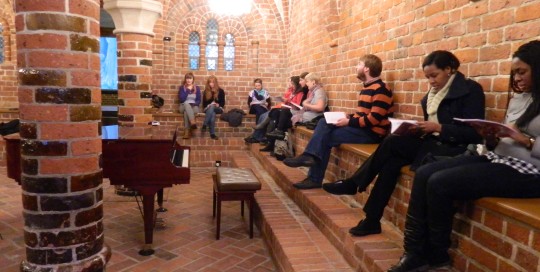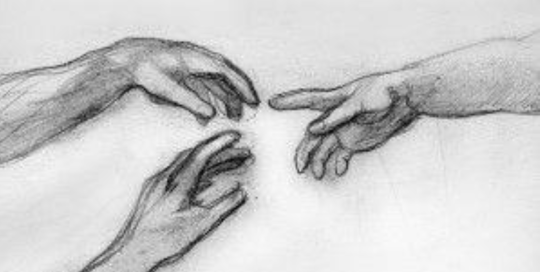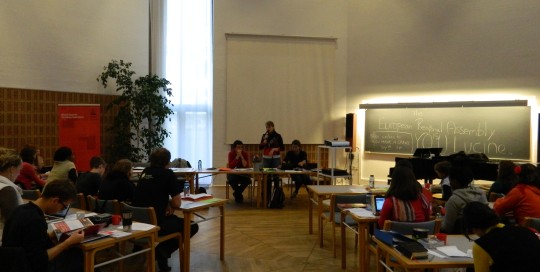Activity – My Faith, My Gender: A Conversation. This activity was developed by Kathy Galloway, who is ordained as Church of Scotland minister and who, in 2002, was the first woman to be elected as leader of the Iona Community. It involves reflective questions and a prayer that explore the intersection between gender and faith.

Workshop – Women’s Role Patterns in Fairy Tales: “How does Cinderella find her boots today?”
WSCF2021-11-25T23:00:30+01:00Workshop – Women’s Role Patterns in Fairy Tales: “How does Cinderella find her boots today?”. This resource includes materials for running a workshop focused on the issue of traditional gender roles, in particular the stereotypes attached to women’s position in society. The workshop was developed by Márta Várnagyi, former Gender Programme Coordinator on the Regional

Worship – Communicating Gender
WSCF2021-11-25T22:54:13+01:001. Worship – Communicating Gender. This worship closed the WSCF-Europe conference “Communicating Gender: Gender Identities in a Globalised Europe”, which took place in Logumkloster, Denmark, between 24-28 October 2011. It was prepared and coordinated by Natalie Pylypiv. The prayers, songs and readings in the worship were designed to be tailored to different local contexts and to reflect on issues
Bible Study – Gender
WSCF2021-11-25T22:56:58+01:00Bible Study – Gender. This Bible study was developed by Dzmitry Bartalevich for the conference “Communicating Gender: Gender Identities in a Globalised Europe”, which took place in Logumkloster, Denmark, between 24-28 October 2011. The study asks contemporary questions on the relationship between the Church and gender. 2. Bible Study - Gender (Dzmitry Bartalevich) Publication date:

Bible Study – An Unconventional Bible Study
WSCF2021-11-25T22:57:03+01:00Bible Study – An Unconventional Bible Study. This Bible study was developed by Martin Bonde Christensen. The main goal of this study is to highlight the prophetic-critical nature of biblical texts, with their ability to question our ways of thinking about society. It also aims to emphasise the dominance of gender roles in the dialectic


